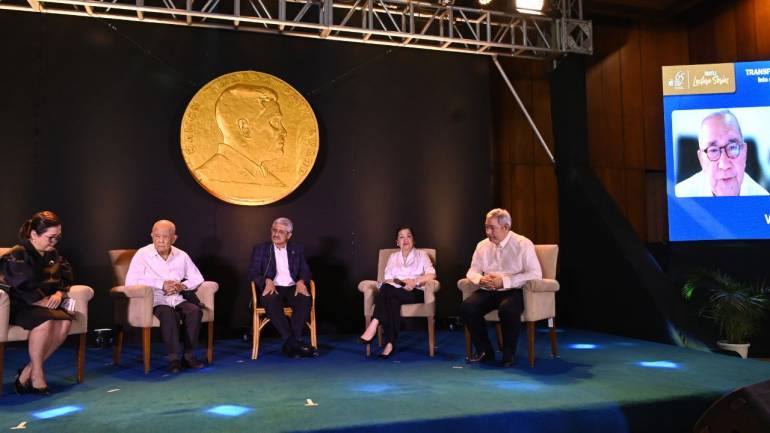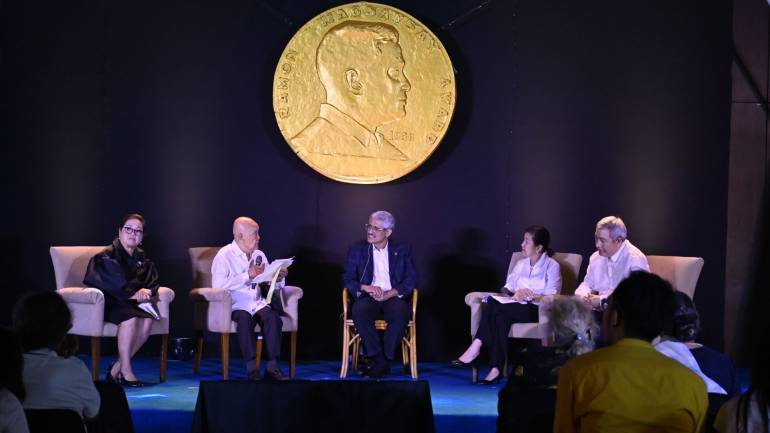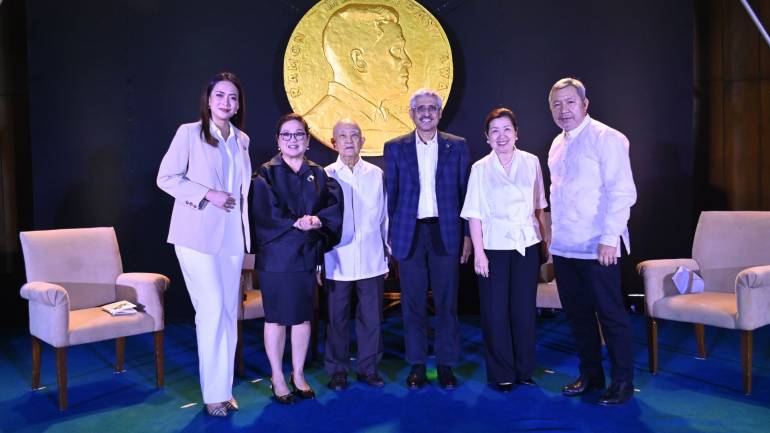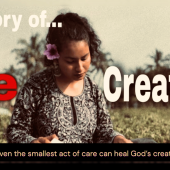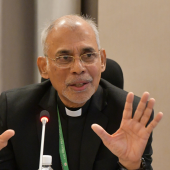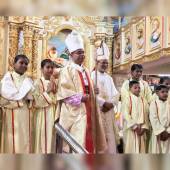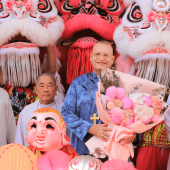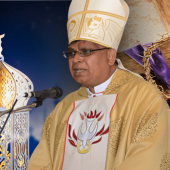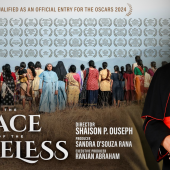Transforming Healthcare into an Inclusive Ecosystem
“We are all created unequal. Providing and ensuring inclusive healthcare is a social responsibility, not a favor or kindness to be bestowed on anyone,” said Indian surgical oncologist Dr. Ravi Kannan at the start of his presentation as a laureate of the Ramon Magsaysay Award on November 8 for having revolutionized cancer treatment in Assam through people-centered and pro-poor programs.
In 1996, the Cachar Cancer Hospital and Research Centre (CCHRC) was established as the initiative of a non-profit society of local citizens called the Cachar Cancer Hospital Society, which was formed in 1992 and funded by public philanthropy on land provided by the government.
CCHRC expanded into an innovative, widely admired, full-service cancer care facility after he became hospital director in 2007, the first formally-trained oncologist to fill the position.
“We made conscious and deliberate efforts to proactively project our pro-poor stance, continuously adopt cost reduction strategies, eliminate all hidden and unanticipated costs, create awareness for cancer prevention and health promotion, and use technology wisely to reduce health care disparities,” he said.
Under Kannan’s leadership, CCHRC became a full-fledged, comprehensive cancer hospital and research center. From a hospital with limited facilities when he came on board, it now has twenty-eight departments. With a staff of 23, the hospital employs 451 people.
They brainstormed on their core values, which consist of compassion or showing empathy in all their interactions with patients and staff members. With Evidence-Based Care, they constantly tap into the best-in-class methods emerging from around the world in cancer prevention and treatment.
Pro-Poor, no patient entering their hospital will be turned away for lack of money. They mobilize adequate financial and committed human resources with Teamwork, they think beyond their jobs and do whatever it takes to serve the patient and their donors. Innovation drives frugal aspects of their work. With Gratitude, they are able to sustain their mission through the support of their patients, donors, volunteers and other public and private institutions.
Dr. Ravi Kannan said they composed an anthem for the hospital and had fun in all their processes where everyone is heard. “We are now exploring processes to teach our core values to people who will join us in our journey and teach them to teach others in their turn”.
“We aim to become a state-of-the-art cancer centre that will ensure that no individual develops cancer that can be prevented, that no patient is denied appropriate cancer treatment for want of resources, that no patient dies in agony and indignity, and that no family suffers treatment-induced poverty and grief,” states the hospital for its vision.
They focus on Primary prevention (P), Early detection (E), and aggressive Palliative (P) care (PEP) which helped reduce costs while improving their patient’s quality of life and care.
“Many of our colleagues routinely multi-task, thus reducing our salary budgets. We rely on public philanthropy to purchase equipment and establish infrastructure without applying for loans that would necessitate a return on investments that, in turn, would have increased costs of care. We have realized technology can be a great equalizer,” he said.
They believe that only a happy workforce can make others happy. “Happiness and fulfillment stem from a variety of factors: the degree of identification with the organization’s work philosophy, the quality and quantity of work, the realization of the worth and value of the impact of one’s work, the quality and quantity of time for opportunities and facilities for pursuing other interests, the satisfaction afforded by the financial remuneration, and the privileges accruing because of their work both in the workplace and in society,” he said.
“We have now 140 beds and twenty-eight services spread across five locations, with 470 staff treating over 5,000 new patients annually,” he said.
He added, “The quest for providing inclusive cancer (health) care is an infinite journey wherein the traveler continuously and uncompromisingly strives and innovates to make care available, accessible, acceptable, effective, equitable, efficient, timely, safe, and person-centered, and spares no effort to integrate this philosophy into the DNA of the organization, the community at large and its people.”
Dr. Ravi Kannan concluded his lecture: “Let us acknowledge the profound gift we received at birth as humans—a privilege surpassing that of any other species to grace this Earth. This unique opportunity may not present itself again, so we must strive to make the most of it by contributing to the betterment of our fellow living beings and fostering positive change throughout the world. After all, when all is dusted and done, as Mr Bhupen Hazarika, the Assamese bard, sang “We’re in the same boat, brother. If you tip one end, you rock the other.”- MTV
Radio Veritas Asia (RVA), a media platform of the Catholic Church, aims to share Christ. RVA started in 1969 as a continental Catholic radio station to serve Asian countries in their respective local language, thus earning the tag “the Voice of Asian Christianity.” Responding to the emerging context, RVA embraced media platforms to connect with the global Asian audience via its 21 language websites and various social media platforms.





